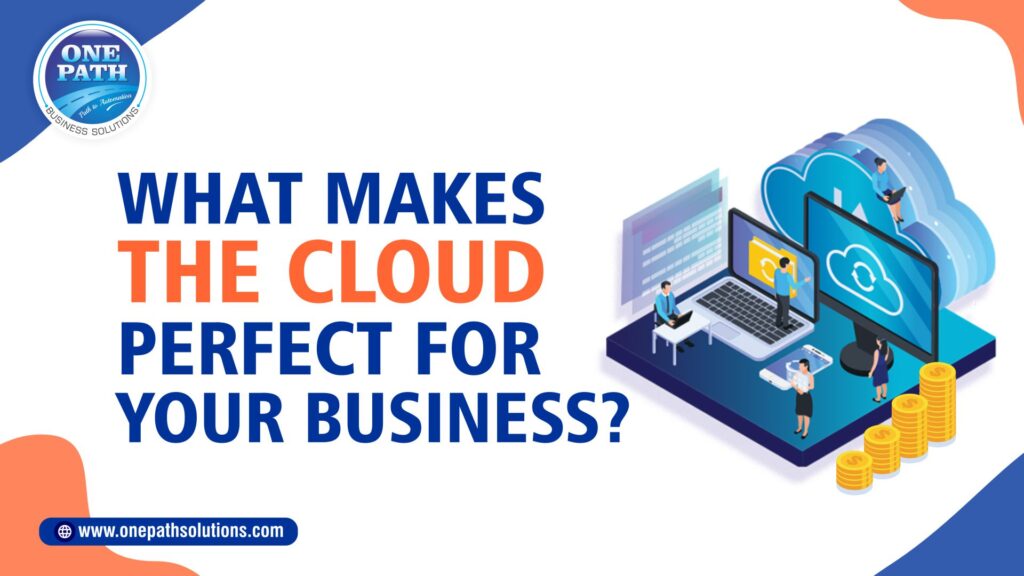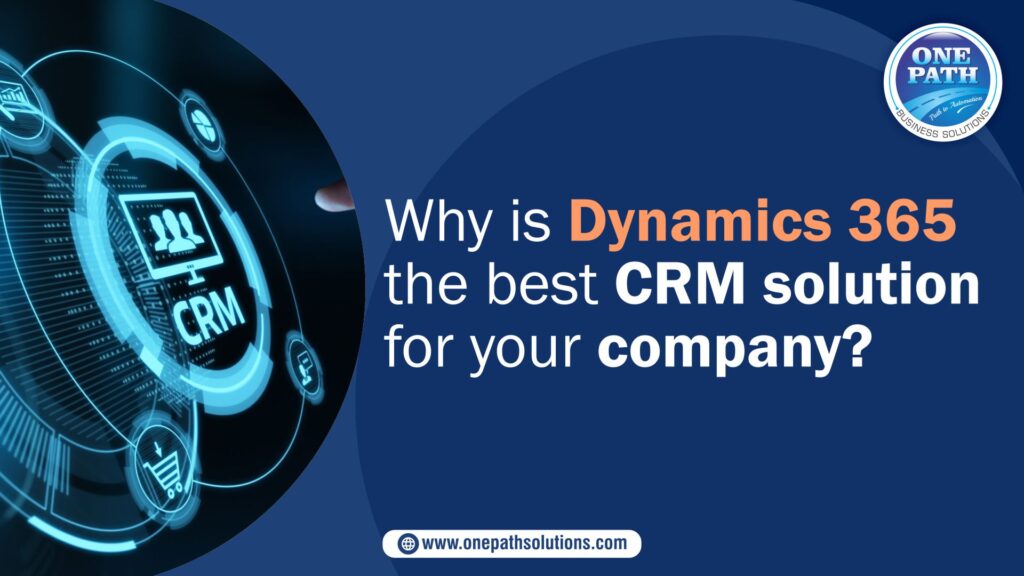What Is Cloud Computing and How Does It Work?
The percentage of Australian firms utilizing paid-for cloud computing services is skyrocketing, according to the Australian Bureau of Statistics (ABS).
During the 2015-16 financial year, one out of every three Australian firms polled by the ABS used paid cloud computing services. When compared to the 2013-14 statistics, where just one out of every five organization’s used these services, it’s clear that cloud computing is gaining traction as a company IT option!
So, what is the motivating factor behind this trend?
- Cloud computing refers to interactions between one or more devices and a shared cloud storage space, all of which are linked by a network.
- A network connects your device to the storage space or platform supplied by the cloud. As a result, cloud computing cannot function without a network connection since data cannot be transported from the device to the cloud without one.
- The extension of accessible storage given by a cloud over a network brings up a plethora of cloud computing options and benefits.
Most of the time, a “network” refers to an Internet connection. In other circumstances, though, it may also be a local network (depending on the type of cloud service).
The Three Most Important Cloud Computing Services
These are the services that are offering so many benefits and opening up so many prospects for today’s businesses:
- SaaS (Software as a Service): A cloud computing provider operates as a central hosting area for software applications that may be accessed via a subscription. Email services, document sharing software, and sales management systems are the most prevalent forms of SaaS. Consider Google G Suite, Office 365, or Salesforce.
- IaaS (Infrastructure as a Service): This sort of service enables for the pay-per-use of outsourced computer infrastructure. Storage databases, virtual private networks, and large-scale data analytics tools are examples of services. You’ve utilised an IaaS if you’ve ever used Amazon Web Services or Microsoft Azure.
- PaaS (Platform as a Service): This service is aimed mostly towards developers. PaaS offers a common set of tools and infrastructure for developing, testing, and deploying applications. Salesforce’s Heroku and Force.com are two examples.
Now let’s explore the business benefits of cloud computing services provide
What Business Benefits do Cloud Computing Services Provide?
Here are the primary advantages of paid cloud computing services, which are increasingly being preferred by organisations over traditional computing techniques.

1. Removes the Need for Hardware and Software Maintenance and Upgrades
The traditional approach of doing things necessitated continual hardware and software updates to guarantee that IT networks could handle the latest computer programmes, systems, and breakthroughs.
This “break and replace” cycle resulted in recurring IT costs, lengthy and difficult software upgrade processes, and an ineffective manner of running the IT department!
When systems needed to be upgraded every three to five years, mayhem typically erupted.
Many hardware and software-based services are hosted wholly by a cloud computing provider via cloud computing. This means you won’t have to worry about updates, maintenance (such as bug patches), or any of the other hassles that come with cloud computing services!
Because of cloud computing, all you have to do is click on update every now and again to get the benefits! You’ll get access to cutting-edge technology with the touch of a mouse!
This allows you to allocate your time and resources to other business goals, allowing you to expand your firm in other areas!
2. Upgrades are Fast and Frequent
Cloud computing service providers often release new software and applications on a regular and timely basis.
For example, instead of having to wait a year for a new version of a traditional on-premise customer relationship management programme, most cloud computing platforms offer monthly, if not weekly, upgrades!
This guarantees that your cloud-based computing systems are always running, resulting in reduced downtime and, ultimately, less IT stress. This will help your firm develop rather than inhibit it, as the old-school options.
3. Provides a More Cost Effective IT Model
Cloud-based IT services are far less expensive than non-cloud-based options.
Here’s why:
- To store and access data across networks, you don’t need nearly as much on-site equipment as you may think.
- The expense of on-site maintenance is reduced because there is fewer equipment!
Additionally, the majority of the assistance needed to run the service is available online through the cloud provider.
4. Improved Flexibility and Scalability
Traditional computing locks you into storage capabilities through the hardware you purchase. This might result in peak-time capacity constraints or idle capacity.
There is less wasted capacity and shortages when using cloud computing services. Your varying computing needs may be fulfilled, whether you need to scale up or scale down. And, because cloud-based services are highly automated, this can typically be accomplished without the need for manual involvement.
5. Better Business Continuity
Cloud-based storage services provide continuous and unrestricted collecting and storage of your system data, resulting in uninterrupted company continuity and development!
6. Increased Collaboration and Productivity
Cloud computing services enable employees to operate off-site (for example, at home) just as effortlessly as they do in the office by sharing storage, processes, and online tools. Employees may also manage their projects while on the road using a smartphone, tablet, or laptop. It also means you may access your data from any internet connection, reducing your dependency on a single head office connection.
7. Reduced Energy Bills
Another way cloud computing technology might help you save money on IT is through energy efficiency. You save money on your power cost by lowering the workload on your company’s hardware.
8. Reduced Carbon Footprint
Not only will your power cost be lower, but your company’s carbon impact will be reduced as well. Large cloud computing providers may more successfully improve the energy efficiency of their data centres than hundreds of isolated on-site computers.
9. Improved Competitiveness
As a result of all of the cloud computing advantages, smaller firms who migrate their operations to cloud-based services may benefit from cutting-edge technology more quickly. This enables businesses to compete with larger companies by gaining access to enterprise-grade technology for a fraction of the cost!
10. Greater IT Agility
Many cloud-based solutions may be tried and replaced if they don’t satisfy your requirements. Traditional IT systems, on the other hand, may require costly overhauls! In today’s fast-paced technology environment, this new manner of working boosts your company’s agility. Read more…
Enjoy The benefits of These Cloud Computing Opportunities
Here is our top tips to ensure you gain the most benefit from your chosen cloud computing services.
- Maintain a Strong and Reliable Network Connection
- Find a Cloud Based Service Provider With a Good Track Record on Security
- Make Sure You can Back Up Your Data in Non Proprietary Format
How can I choose the right cloud provider?
We are Innovators who are shaping the future of Business, Technology, and the Web – One Path Business Solutions



